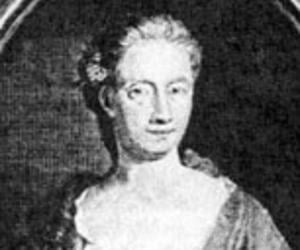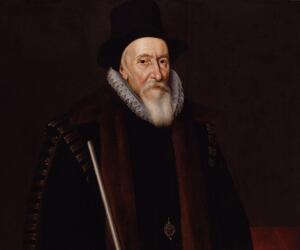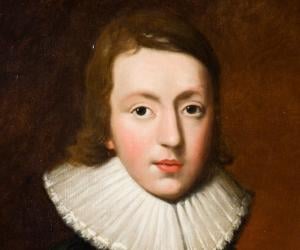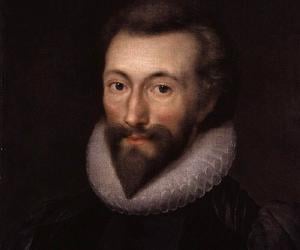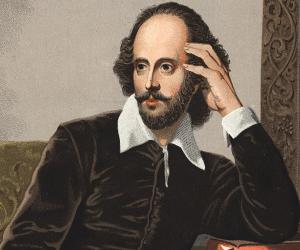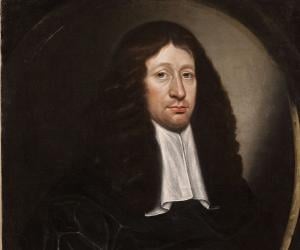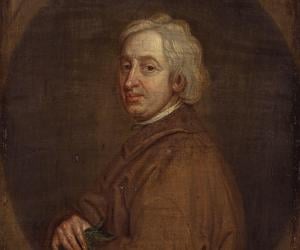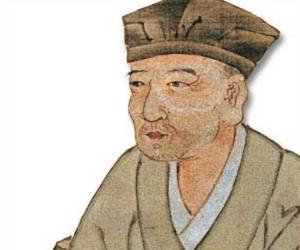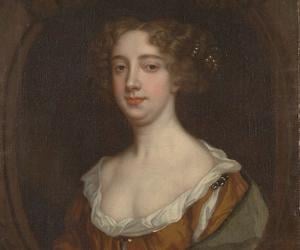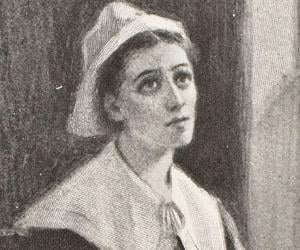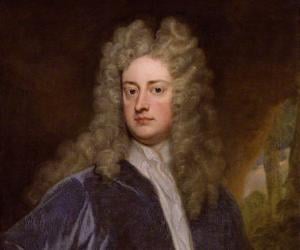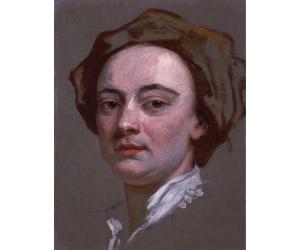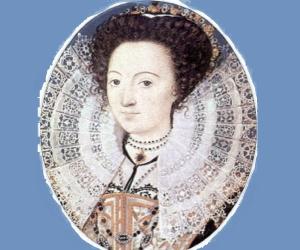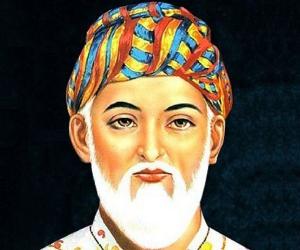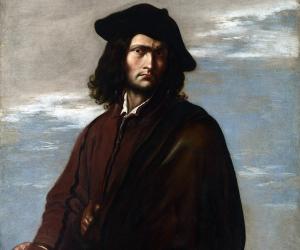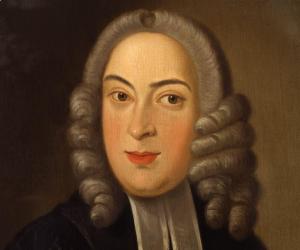John Milton was an English poet whose epic poem Paradise Lost is widely regarded as one of the greatest works of literature. Milton's other celebrated work Areopagitica is counted among history's most impassioned and influential defenses of freedom of the press and freedom of speech. John Milton’s works have influenced other prominent writers, such as Thomas Hardy and George Eliot.
English playwright, poet, and actor William Shakespeare is widely regarded as the greatest writer in the English language. He is also often called England's national poet. Many of his works have been translated into other languages and his plays continue to be produced till day. Popular during his lifetime, he acquired an iconic status after his death.
Eighteenth-century essayist, poet, and pamphleteer Jonathan Swift is remembered for his iconic works such as A Tale of a Tub, A Modest Proposal, and Gulliver's Travels. One of the world’s greatest satirists, he gave rise to the deadpan Swiftian style. He had also been the Dean of St. Patrick's Cathedral.
Basho was a Japanese poet of the Edo period. Regarded as the greatest master of haiku, Basho's poetry is read all over the world; many of his works have been translated into English. Such is his popularity that in 1979 a crater on planet Mercury was named after him by the International Astronomical Union.
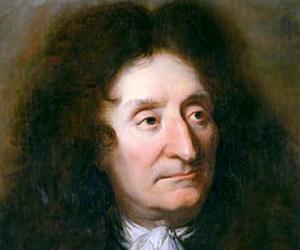
Seventeenth-century French author Jean de La Fontaine is best remembered for his Fables. Initially a forest inspector, he later attended the salons of aristocratic patrons, where he met scholars, authors, and philosophers. Though he faced royal opposition, he was eventually made a part of the French Academy.
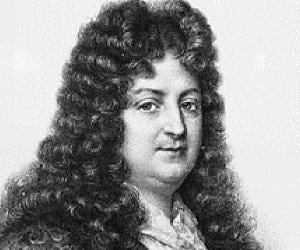

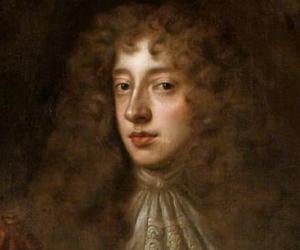
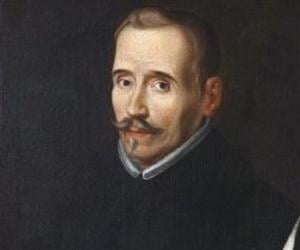
Spanish Baroque dramatist Lope de Vega was one of the most significant figures of the Spanish Golden Age. He had initially aspired to be a priest but abandoned his plans after falling in love with a married woman. He is best remembered for works such as The Dog in the Manger.
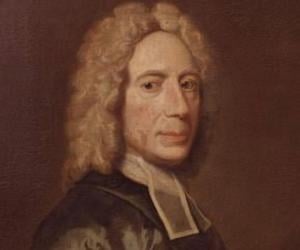
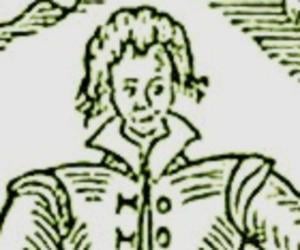
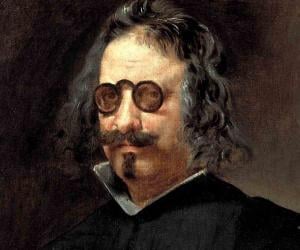
Spanish nobleman, politician and writer Francisco Gómez de Quevedo y Santibáñez Villegas, KOS of the Baroque era is counted among the most prominent writers of Spain's Golden Age. Quevedo adhered to the conceptismo style compared to his lifelong rival, Luis de Góngora’s culteranismo style. His notable works include the picaresque novel El Buscón and the satirical prose Los Sueños.
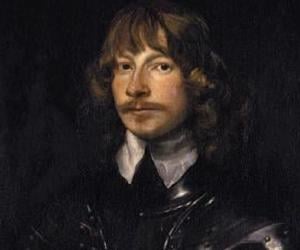
Known as The Great Montrose, James Graham, 1st Marquess of Montrose was not just a Scottish nobleman and military leader but also a talented poet. He won many battles for Charles I but was defeated in the Battle of Carbisdale, following which he was hanged to death in the Edinburgh marketplace.
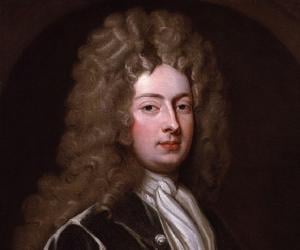
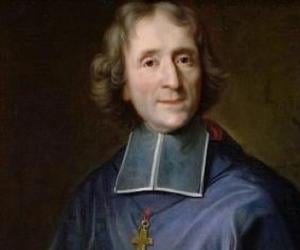
François Fénelon was a French writer, poet, theologian, and Catholic archbishop. He is best remembered for his book The Adventures of Telemachus, which was published in 1699. François Fénelon also served as a tutor of Louis, Duke of Burgundy, guiding the character formation of Louis, Grand Dauphin's eldest son.
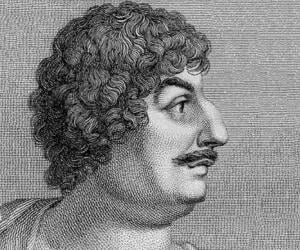
Best remembered for penning the lines "Gather ye rosebuds while ye may," poet Robert Herrick wrote everything from elegies to love songs and religious verse, and was inspired by English folklore. He was a true Cavalier poet, who wrote verses in support of King Charles I.
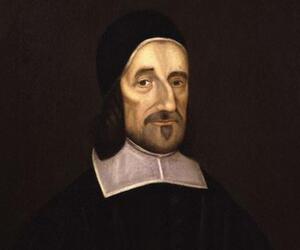
Richard Baxter was an English poet, theologian, hymnodist, controversialist, and Puritan church leader. He was one of the most influential and important leaders of the Nonconformists. Today, he is commemorated in the Church of England with a feast day on 14 June.
Abdul Rahim Khan-i-Khana was an Indian poet who served in the court of Mughal Emperor Akbar. He was counted among the Navaratnas, Akbar's nine important ministers. Rahim is best remembered for his couplets and books on astrology.
Baroque painter and poet Salvator Rosa was born near Naples, to a land surveyor father, who wanted him to become a priest or a lawyer. However, Rosa deviated to art. Initially devoted to landscapes, he later focused on religious art. He is remembered as a pioneer of the Neapolitan school.
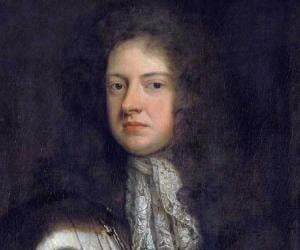
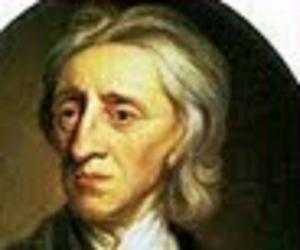
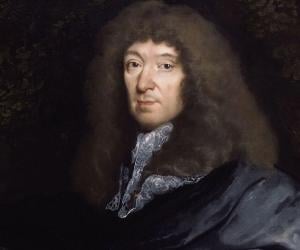
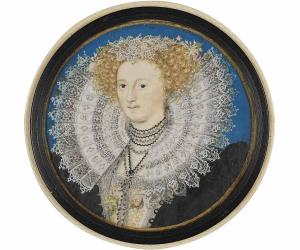
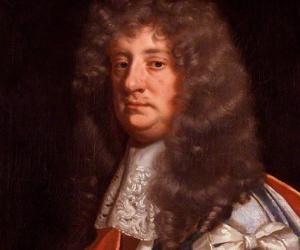
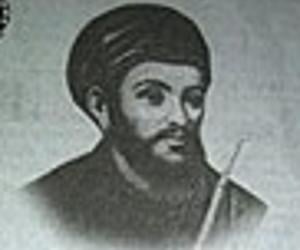
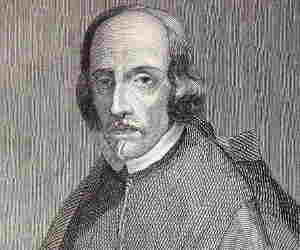
One of the most significant Baroque playwrights of the Spanish Golden Age, Pedro Calderon de la Barca had penned iconic dramas such as Life Is a Dream and many religious plays and operas, too. Many of his works reflected the issues of a dysfunctional family, probably inspired by his own life.
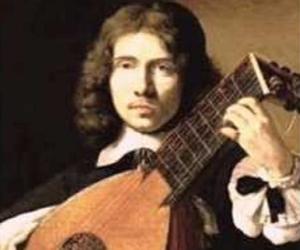
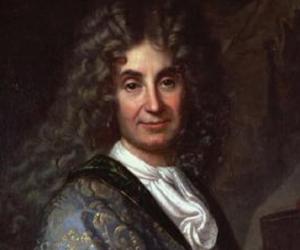
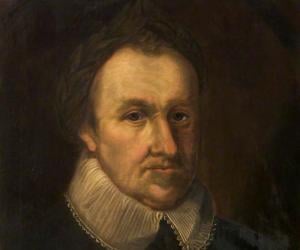
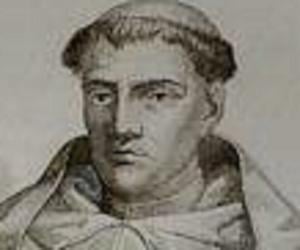
Spanish Baroque dramatist, poet and Roman Catholic monk Tirso de Molina is best known for writing the play The Trickster of Seville and the Stone Guest which first introduced the legendary fictional character of Don Juan. Other notable works of Molina includes the comedy sitcom Don Gil of the green tights and the trilogy of The Santa Juana.
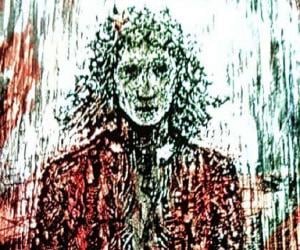
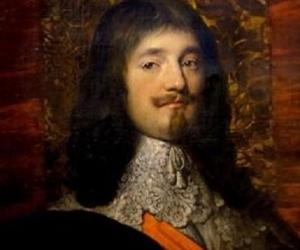
Anglo-Welsh metaphysical poet Henry Vaughan was a major literary figure of the Commonwealth period and is best remembered for Silex Scintillans. While he initially studied law, the Civil War disrupted his studies and he was called back home to serve Sir Marmaduke Lloyd. He was also a practicing physician.
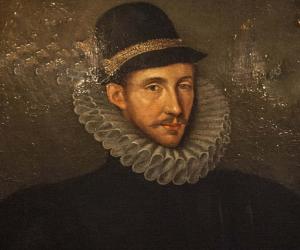
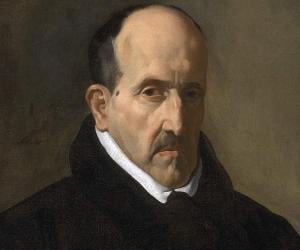
Spanish Baroque poet Luis de Góngora created his own style known as Gongorismo. Born to a judge, he initially used his father’s library to gain knowledge. His works such as Fábula de Polifemo y Galatea and Soledades were criticized by many for their complex style and obscurity.
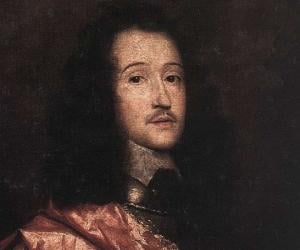
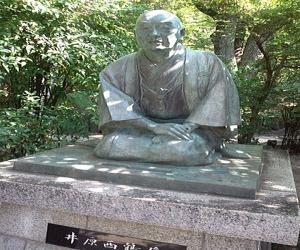
Remembered for his contribution to the revival of the Japanese literature, Ihara Saikaku was possibly the most popular writer in the entire Tokugawa period. Beginning his career with haikai no renga, depicting contemporary chōnin life through them, he later started writing novels, creating floating world genre of literature; Life of an Amorous Man was his first work of this variety.
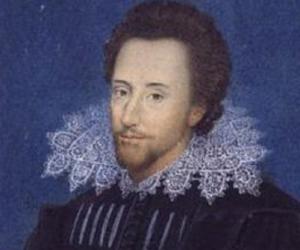
Sir Thomas Overbury, English poet and essayist, is probably best known for his 1614 poem Wife, which describes the virtues one should demand of the woman he is going to marry. Interpreted as an indirect attack on Lady Essex, a divorcee whom his mentor, Viscount Rochester, was to marry, it led to his imprisonment and ultimate murder by slow poisoning.
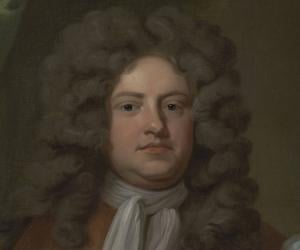

Born to Belgian migrants who had moved to Germany and then to the Netherlands, because of their Mennonite origins, Joost van den Vondel grew up to be one of the most celebrated Dutch authors and dramatists. He not only translated Greek tragedies such as Electra, but also penned masterpieces such as Lucifer.
